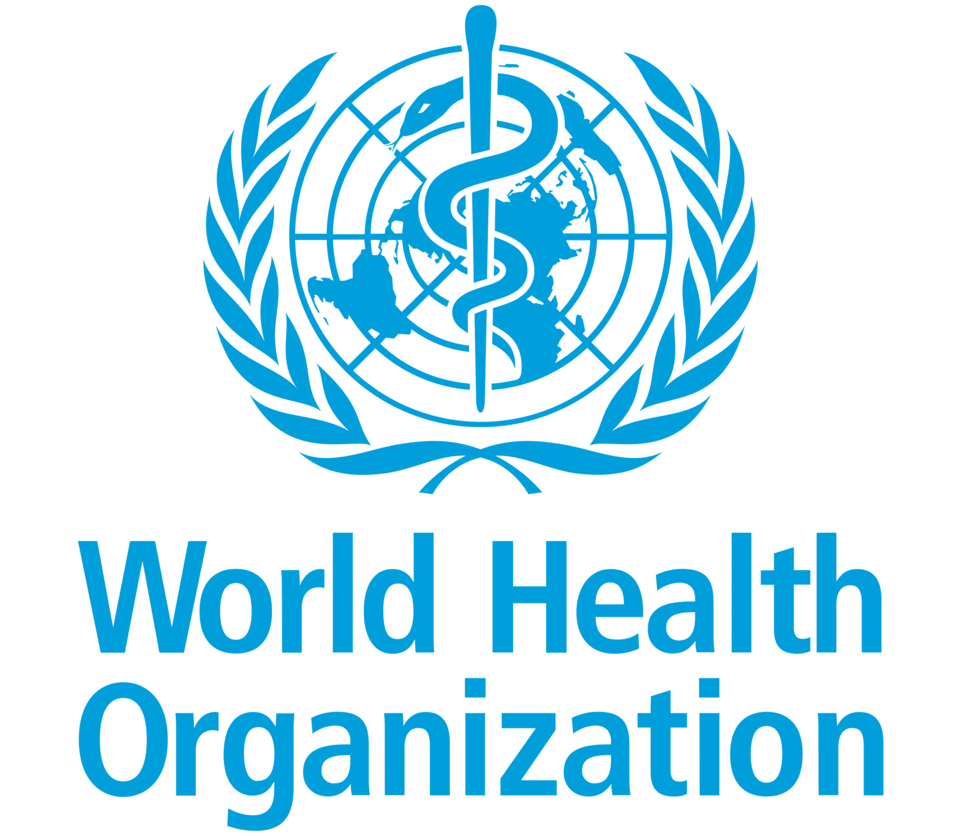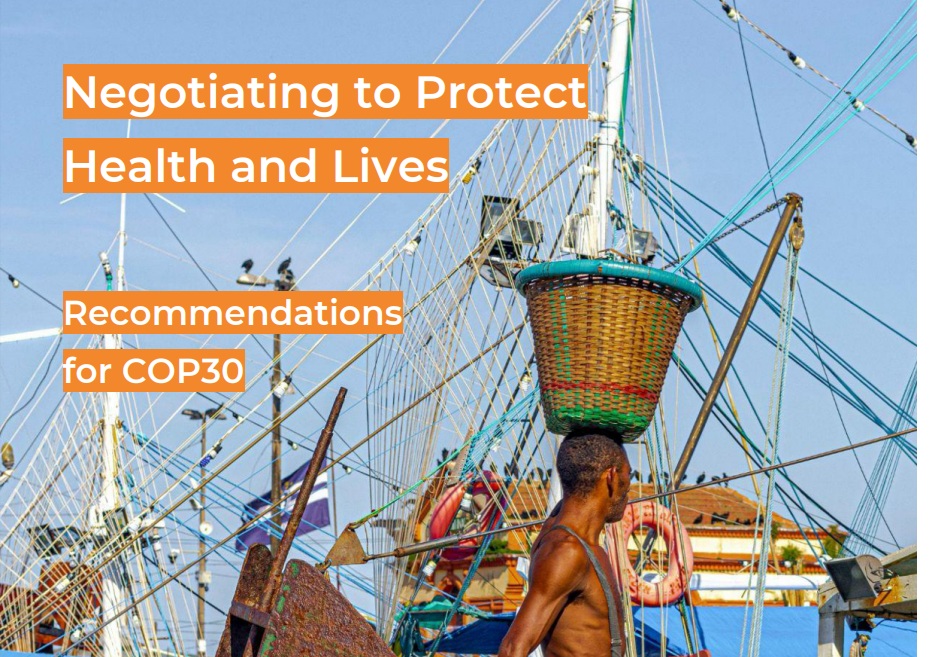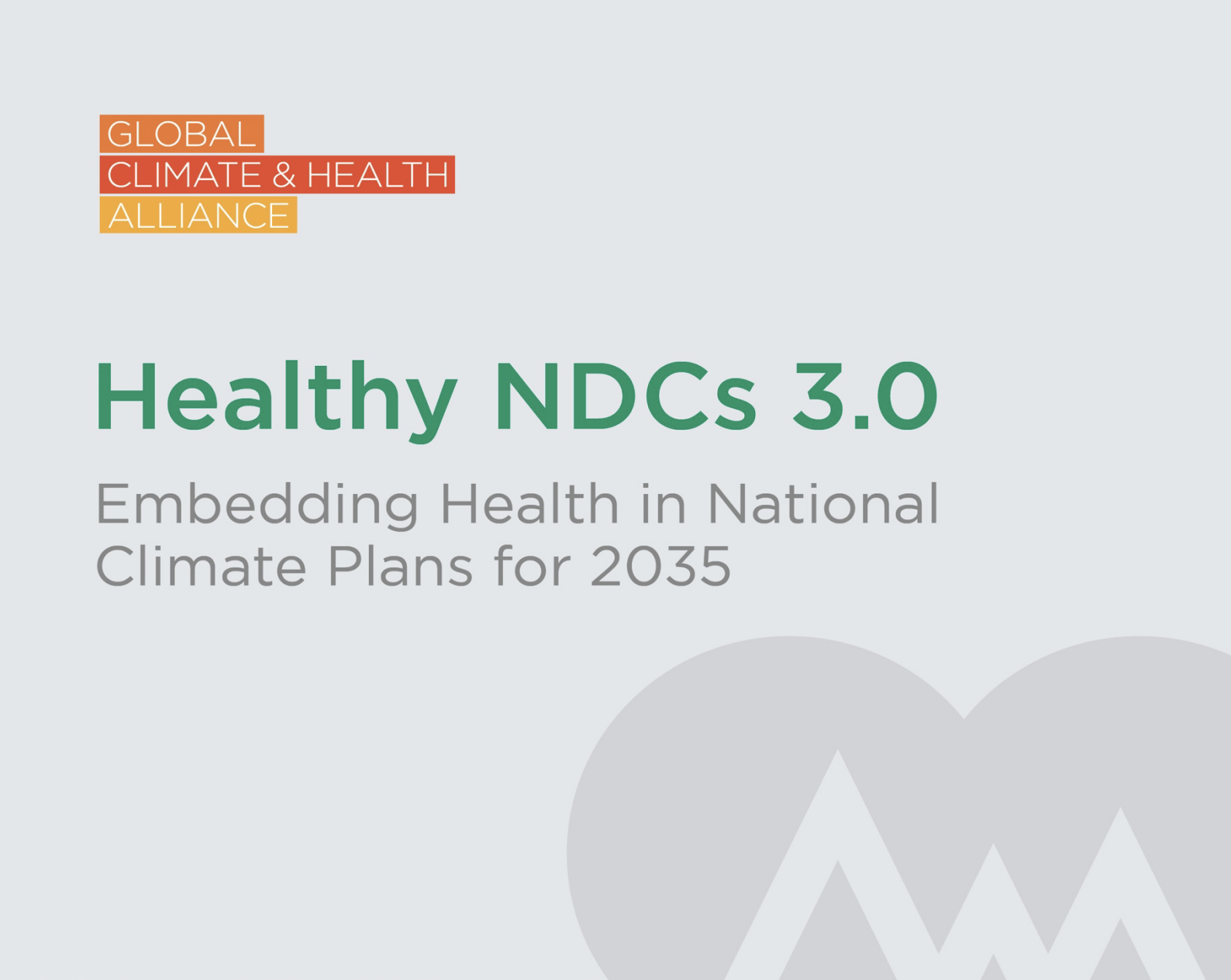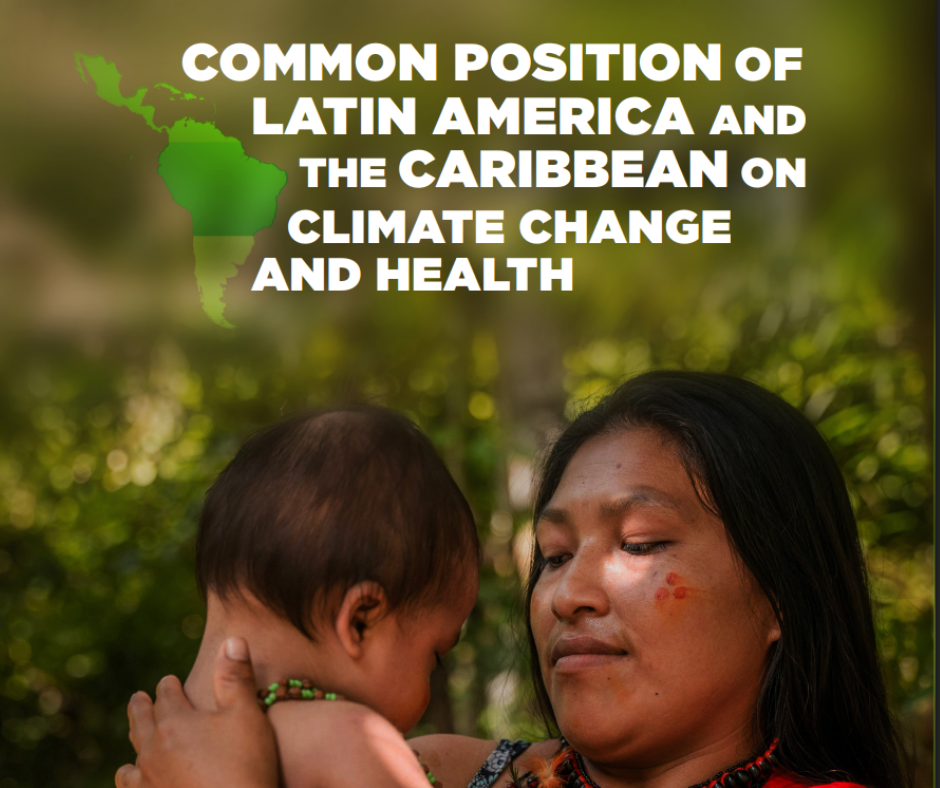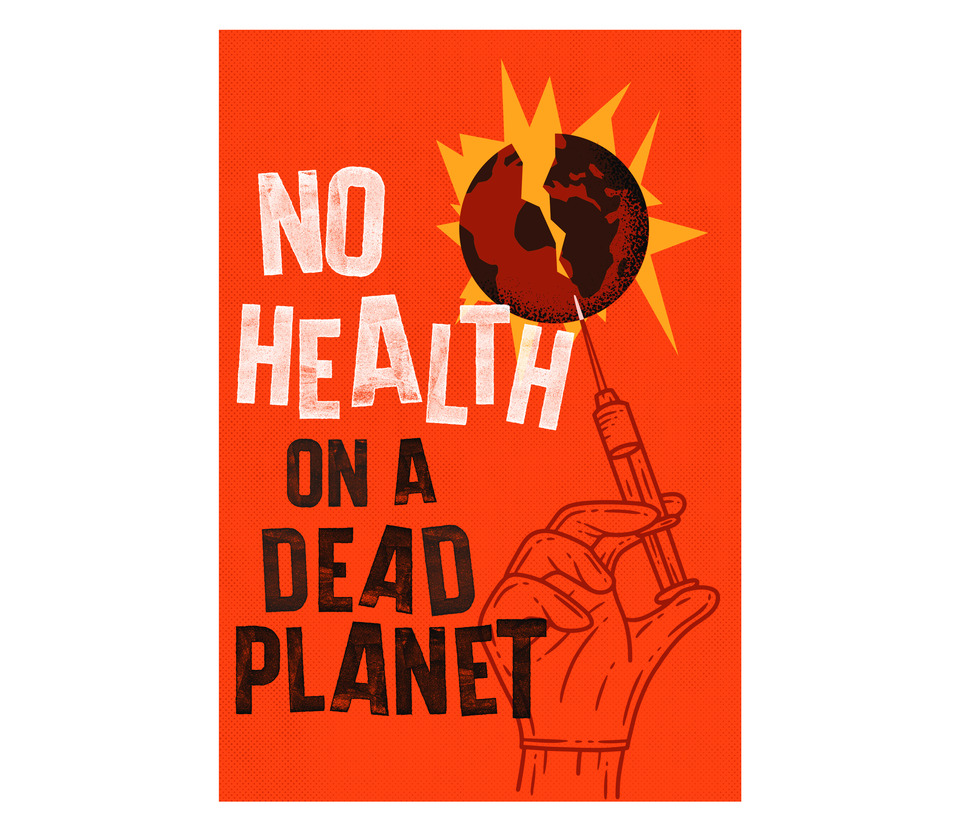COP30: Climate and Health at the UN Climate Change Conference
Find out more about the 2025 UN Climate Change Conference and what it meant for the climate and health movement.
Pexels (Bruno Karklis Diniz)
Find out more about the 2025 UN Climate Change Conference (COP 30) which took place November 10-21 2025 in Belém, Brazil, and what it meant for the climate and health movement.
Why does COP30 matter to the health community?
COP30 was not just another climate summit. It was a test of whether the world can still work together to protect the most basic human right of all, the right to health.
From record heat and wildfire smoke to hunger, disease outbreaks, and mental distress, climate change is already reshaping the health of every community. Fossil fuels, which sit at the root cause of the crisis, continue to harm people ‘from cradle to grave’, driving millions of premature deaths each year through polluted air, contaminated water, unsafe work, and an unstable climate. The climate crisis is a health emergency.
Amid fatigue and geopolitical division, COP30 offered a critical chance to restore trust and focus global cooperation. Taking place in Brazil, with the theme of people and implementation, this COP had the potential to bridge North and South, and translate health commitments from words into action.
What is COP30?
COP (Conference of the Parties) is the annual United Nations Climate Change Conference. This was the 30th Climate COP to take place- and is referred to as ‘COP30’. During COP governments from around the world discussed and agreed on policies and actions to tackle the climate crisis. It was during COP 21 in 2015 that the pivotal ‘Paris Agreement’ (international treaty on climate change) was agreed upon.
Participants from all sectors of society including industry, government, civil society, academia, and health also joined the conference to advocate and push for climate action.
What did COP30 need to deliver to protect health?
-
- How the world measures adaptation, including whether the Global Goal on Adaptation protects lives and health as well as investing in infrastructure and health systems .
- How just transition is defined, whether it safeguards workers, communities, and equity, or simply shifts burdens to the most vulnerable.
- How climate action will be financed, including the importance of public grant based finance to avoid reinforcing cycles of debt, poverty and disease.
- How we can hold governments accountable by ensuring that all governments, but particularly the Global North, meet their commitments for a transition away from fossil fuels that will deliver health co-benefits.
- How we can stop industry influence and ensure that fossil fuel and other health-harming industries are prevented from steering climate policy making processes.
How and when was climate and health discussed at COP 30?
While there was no dedicated negotiating topic on health at COP 30, health depends on ambitious decision making across all negotiating streams including climate finance, mitigation, adaptation, and loss and damage.
What terms might I see used at COP?
- Climate adaptation: Action to prepare for and adjust to the impacts of the climate crisis (e.g. building sea walls to protect against rising sea levels and ensuring health facilities have sources of power during storms and heat waves)
- Climate mitigation: Efforts that limit the climate crisis such as reducing emissions of greenhouse gases (e.g. using renewable energy sources instead of fossil fuels)
- Just transition: Ensuring that no one is left behind or pushed behind in the transition to low-carbon and environmentally sustainable economies and societies (UN, 2023)
- Nationally Determined Contribution (NDC): A plan that each country must develop outlining the actions and commitments that it will take to achieve the goals set out in the Paris Agreement (international treaty on climate change). Countries must provide an updated NDC every five years.
Glossary of Acronyms
- BAR: Baku Action Roadmap
- BHAP: Belem Health Action Plan
- COI: Conflict of Interest
- GGA: Global Goal on Adaptation
- GST:Global Stocktake
- L&D / LDF: Loss and Damage / Loss and Damage Fund
- NCQG: New Collective Quantified Goal on Climate Finance
- SBs: Subsidiary Bodies
Useful resources
WHO webpage on health at COP30
Negotiating to Protect Health and Lives: Recommendations for COP30
This document outlines the links between health and key areas of work under the UNFCCC. These recommendations have been prepared in consultation with the international health and climate community.
Nationally Determined Contributions (NDCs) and Health
GCHA produces scorecards for policymakers to assess the extent to which governments’ NDCs recognise and respond to the abundant linkages with health and air quality. See here.
Global March for Health and Climate posters
On 11 November hundreds of healthcare workers took to the streets to join the Global March for Health and Climate, on day 2 of COP30. See posters that can be used freely here.

